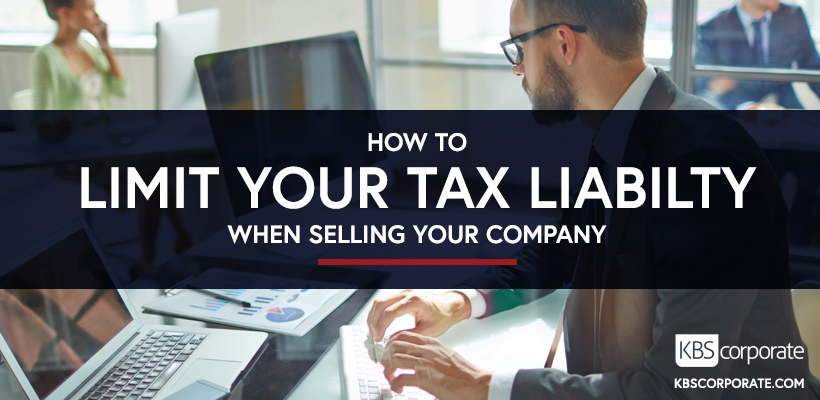What are the tax implications of selling a business?

What tax do you pay when selling a business?
When selling a business, the biggest cost you are likely to incur is tax – and there are several different types you may have to pay. The most common are Capital Gains Tax, Income Tax, Inheritance Tax, Corporation Tax and stamp duty, and which ones apply depends on several factors including the type of business you are selling and your taxable profit. But there is the potential to reduce your Capital Gains Tax liabilities through the Business Asset Disposable Relief and Deferral Relief claim processes.
What are the tax implications of selling a business?
Your tax liability depends on what type of business you are selling – whether it is a limited company, you are a sole trader or operate a business partnership – how long you have owned the business, whether it forms part of your estate and whether it has commercial premises.
There are also differences in the business tax implications based upon the type of sale you decide to pursue:
Business sales tax through a trade sale
If you sell your shares to a trade buyer, you will normally pay Capital Gains Tax at a rate of 20% on the profit you have made. However, this can be mitigated by Business Asset Disposable Relief (BADR), which reduces your CGT rate to 10% on the first £1million profit of a share sale. To qualify for BADR, you must have been an employee or office-holder (e.g. a director or company secretary) for 24 months.
Business sales tax through a Management Buyout
Tax implications of selling a business via this method are similar to a trade sale up to a point. The difference concerns the funding of the sale because in a Management Buyout, existing and future profits will often be used to finance the deal. If you retain a minority stake in the business, you may roll over any profit made on that shareholding and effectively defer any tax on that aspect. In effect, you should only pay tax on the consideration received in cash or loans.
Business sales tax through an Employee Ownership Trust
If you tick every box required to complete the sale of your business to an Employee Ownership Trust (EOT), the transaction will be tax-free. The EOT must acquire a controlling interest in the company and all employees must benefit equally from the trust. Only the first sale of shares would be tax-free and shareholders with a 5% stake in the business cannot comprise more than 40% of the total number of employees.
4 tips on how to mitigate tax when selling a business
Plan ahead
Pre-sale restructuring could mean less of your sale proceeds ends up being paid in tax. There are a number of key tax services we can provide that can be tailored to the needs of your business and individual circumstances, including a pre-sale review to identify tax risks.
Have a good exit strategy
The best time to structure for a tax-efficient business exit is before any sale is under negotiation. Advice may be needed on removing tax obstacles to a successful future disposal to provide the widest range of sale opportunities in the future.
Align business sales tax with your company’s objectives
Passing a family-owned business to the next generation can trigger prohibitive tax costs, but we can structure transactions to protect asset value and allow founder family members to realise their value in a tax-efficient way. We can also provide advice on splitting up a corporate group between the shareholders using a demerger process that removes the considerable tax costs which otherwise arise.
Consider plans for the sale proceeds
While it may be possible to accept share payments as a means of deferring tax payable on the sale proceeds, you should consider how much you will require each year for the life you and your family wish to lead following your business sale. You can also reduce your Inheritance Tax burden by putting gifts for beneficiaries into a trust.
Expert advice on selling a business tax implications
Acquiring the right specialist advice means you will not have to pay more tax than required and prevents your business sale from being disrupted by unexpected disputes on the way to completion. Our team recognises common tax factors which will help your deal to progress smoothly and maximise shareholder value. If you are interested in exploring a sale, get in touch with us to take advantage of the current activity we are seeing from buyers and investors.